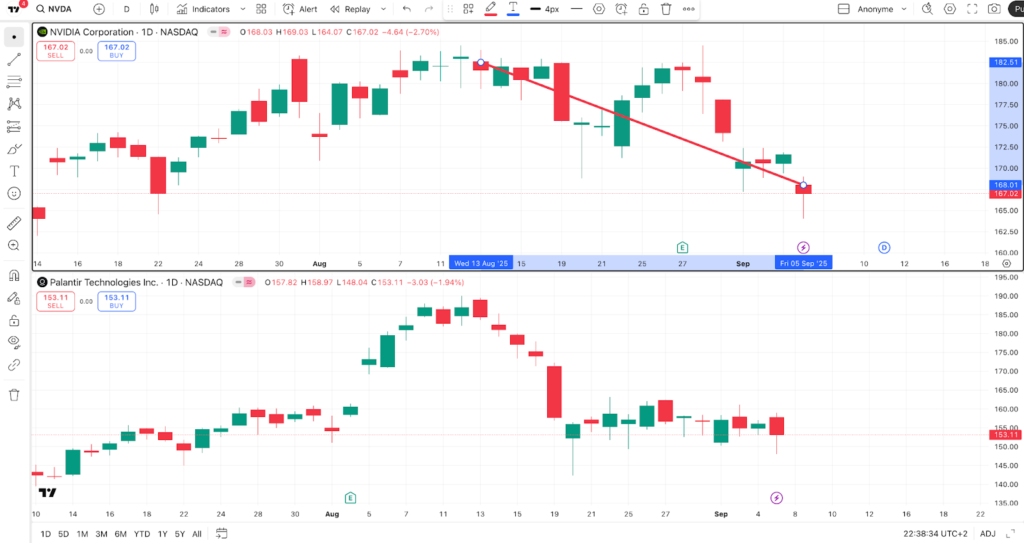After a fast hiring push — over fifty researchers and engineers in only a few months — Meta paused recruitment across its AI divisions. The move likely isn’t a pullback, rather reflects a need to consolidate existing teams as the firm prepares the 2026 budget.
In the company, the group has been reorganized under the name Meta Superintelligence Labs, a change meant to keep research, product work, and the tech backbone more distinct and better aligned with clear long-term goals.
According to some internal documents revealed by The Verge, Meta might let some hires slip past the freeze in positions deemed “critical to the business.” The firm seems to be reshaping its investment strategy, rather than slowing down its ambitions.
Just like other tech giants, the company is still pouring billions into servers, data centers, and GPUs to keep its AI models running. The hiring freeze could be read as a sign of financial discipline, after a long phase of massive expansion.
Market reactions as experts worry about a possible bubble
Beyond that, a few experts are sounding alarms about a possible AI bubble. Torsten Sløk, chief economist at Apollo Global, thinks that the current valuations already exceed the peak of the Internet bubble that popped in March 2000.
Markets also seem to echo that worry. Since August 13th, Nvidia stock price has dropped by a few points on the exchanges, and Palantir stock also slid close to 9%.

A recent MIT study also revealed that roughly 95 % of generative‑AI projects give little to no economic return. And the gap between the money spent and the tangible results is growing. These signals fuel the fear of an “AI crash.”
Sam Altman, OpenAI’s CEO, admits that some of the hype around AI may be irrational and believes that some investors could lose a lot of money. Those alerts suggest doubts are slipping beyond analysts, and spreading to top industry leaders.
Historian Carlota Perez notes that past revolutions — railways, electricity, the Internet — usually start with heavy investment, followed by a decline, and then sustained growth. AI might follow that pattern.
The flood of money today could lead to a pullback. After that, only the strongest applications may stick and earn a steady profit. If the pattern holds, we may therefore see a brief correction followed by lasting growth.
What if we’re just witnessing a maturing process?
Meta’s latest move (pausing new AI hires) seems to show a shift. It’s not just about adding staff anymore; it’s about making what they have work better, determining how to integrate AI capabilities into concrete strategies.
If an AI crash were to happen, it probably won’t end the field, but it could signal a needed consolidation phase. Companies that can turn their AI spending into clear, sellable products are likely to emerge stronger after the market turmoil.
David Prior
David Prior is the editor of Today News, responsible for the overall editorial strategy. He is an NCTJ-qualified journalist with over 20 years’ experience, and is also editor of the award-winning hyperlocal news title Altrincham Today. His LinkedIn profile is here.


![7 Best POS Software in the UK [2026 Edition]](https://todaynews.co.uk/wp-content/uploads/2026/02/7-Best-POS-Software-in-the-UK-2026-Edition-360x180.png)





















































![7 Best POS Software in the UK [2026 Edition]](https://todaynews.co.uk/wp-content/uploads/2026/02/7-Best-POS-Software-in-the-UK-2026-Edition-120x86.png)

![7 Best POS Software in the UK [2026 Edition]](https://todaynews.co.uk/wp-content/uploads/2026/02/7-Best-POS-Software-in-the-UK-2026-Edition-350x250.png)


















